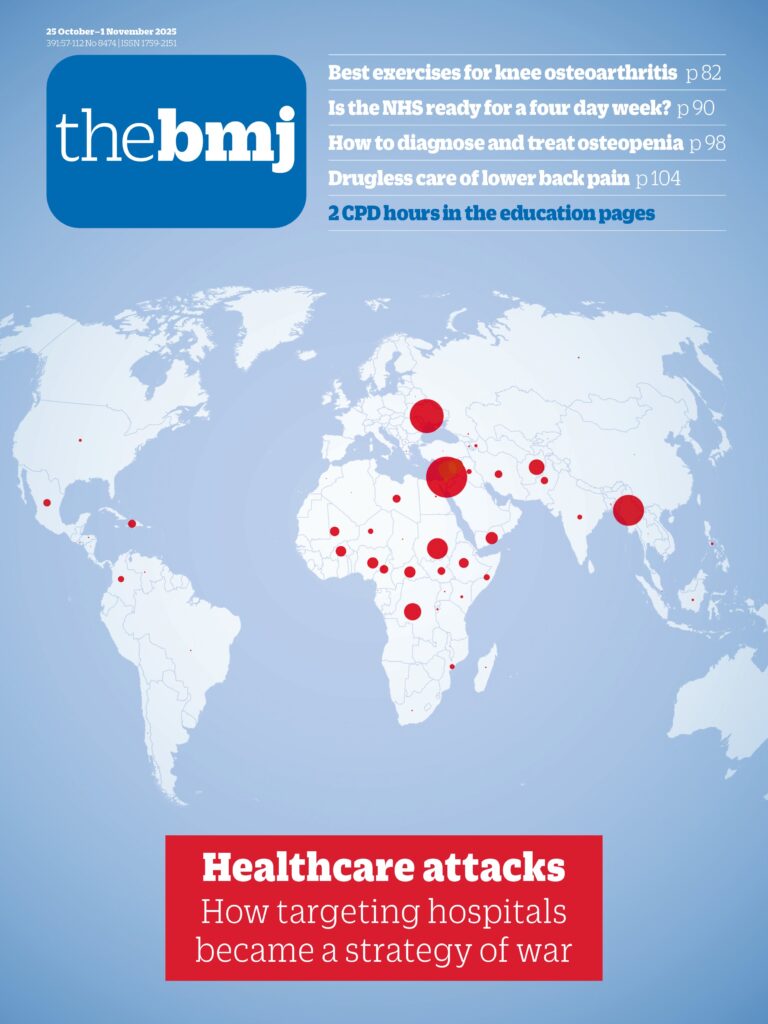Prostate specific antigen screening reduces the risk of death from prostate cancer by 13%, one of the largest randomised studies of its kind concludes.1
This overall reduction in mortality was similar to that seen with breast or bowel cancer screening, experts said.
The results of the study, published in the New England Journal of Medicine and with a median follow-up of 23 years, come amid ongoing debate about the value of a PSA based screening programme, owing to the substantial risk of overdiagnosis and overtreatment.2 Experts say further research is needed to investigate a more targeted approach to screening and how to incorporate MRI scans of the prostate before biopsy.
Prostate cancer is the most common cancer in men in the UK, with an estimated 63 000 diagnoses every year and more than 12 000 deaths.
The European Randomized Study of Screening for Prostate Cancer (ERSPC), conducted across eight European countries from 1993 to 2003, included 162 236 men aged 55 to 69 years. They were randomised to be offered repeated PSA screening or to a control group without screening.
Previously reported results from the study, with a median 16 year follow-up, showed a 20% reduction in mortality.
The longer term follow-up …

